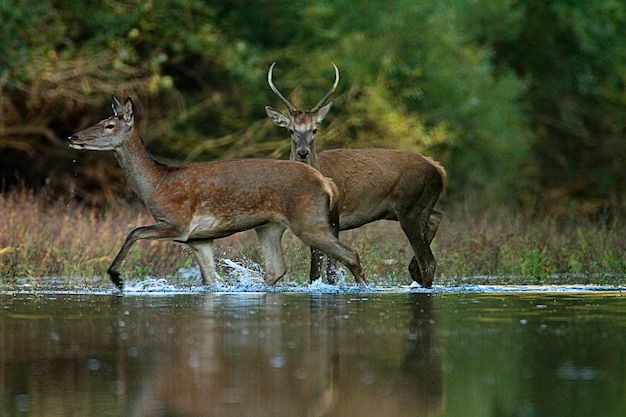Protecting Endangered Species
Wildlife conservation is essential for maintaining the balance of ecosystems and ensuring the survival of numerous species. Protecting endangered species involves various strategies, from establishing protected areas to implementing breeding programs. Organizations worldwide work tirelessly to identify species at risk of extinction and take necessary actions to preserve them. Many endangered species face threats such as habitat loss, poaching, and climate change.
Promoting Habitat Restoration
Restoring habitats is a critical component of wildlife conservation. Habitat restoration aims to return natural environments to their former state, providing a safe haven for various species. This process often involves removing invasive species, replanting native vegetation, and rehabilitating waterways. Successful habitat restoration not only benefits wildlife but also enhances the overall health of ecosystems, ensuring they can support diverse biological communities.
Combating Illegal Wildlife Trade
Illegal wildlife trade poses a significant threat to many species, driving some to the brink of extinction. This black market trade involves the illegal capture and sale of animals and their parts. Efforts to combat illegal wildlife trade include stricter enforcement of international laws, increased penalties for offenders, and public awareness campaigns. Organizations like the Convention on International Trade in Endangered Species (CITES) play a crucial role in regulating and monitoring wildlife trade to prevent further declines in animal populations.
Supporting Sustainable Eco-Tourism
Wildlife tourism, when conducted sustainably, can significantly contribute to conservation efforts. Eco-tourism promotes responsible travel to natural areas, emphasizing conservation, education, and low-impact visitation. By supporting eco-tourism, travelers can help fund conservation projects, promote habitat restoration, and provide economic benefits to local communities. This form of tourism encourages the protection of natural habitats and the species that inhabit them, ensuring future generations can enjoy these natural wonders.
Advocating for Stronger Wildlife Protection Laws
Effective legislation is vital for the protection of wildlife. Strong wildlife protection laws help regulate activities that threaten species and their habitats, such as deforestation, pollution, and illegal hunting. Advocacy groups work to influence policymakers, ensuring that wildlife conservation remains a priority. These laws not only safeguard endangered species but also promote sustainable practices that benefit the environment and human communities.



Leave a Reply